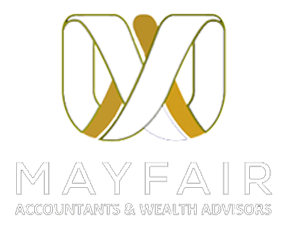Do you know what each letter in your tax code mean? If you don’t, then you must know them to ensure you pay right amount of tax.
Your tax code is usually sent by HM Revenue & Customs (HMRC) by your employer or pension provider. This code helps to work out the amount of income tax to be taken from your pay or pension.
Letters in your tax code
If there is “L” letter in your tax code, then it means you are entitled to the basic tax free personal allowance.
If there is “M” letter in your tax code, then you have received a transfer of 10% of your partner’s personal allowance. Similarly, if your tax code contains “N” letter, you have transferred 10% of your personal allowance to your partner.
The “Y” letter represents that you were born before 6 April 1938 or over and entitled to full tax-free personal allowance.
The “T” letter in your tax code represents that there are other calculations to work out your personal allowance.
If your code contains “0T” letter, then it means your personal allowance has been used up or you don’t have form P45 or you didn’t’ give your details to the employer for giving you a tax code.
The “BR” letter means that all your income from this job or pension is taxed at the basic rate. Whereas, the “D0” and “D1” letter means all your income from this job or pension is taxed at the higher rate and additional rate respectively. (The rates are usually used if you have more than one job or pension)
If there is “NT” letter in your tax code, then it means you are not paying any tax on this income.
If your tax code has ‘K’ letter in the beginning, it means you have income that isn’t being taxed which is also worth more than your tax-free allowance.
If you code has “W1”or “M1” at the end, it means your tax is based on what you are paid in the current pay period and not the whole year. Such tax codes are known as emergency tax codes.
In case if your tax code is wrong, you will have to pay more tax than you are supposed to. This is why you need to make sure you get your tax code right each time. If you are unsure on how to handle your tax codes, you can take help from expert tax accountants.


